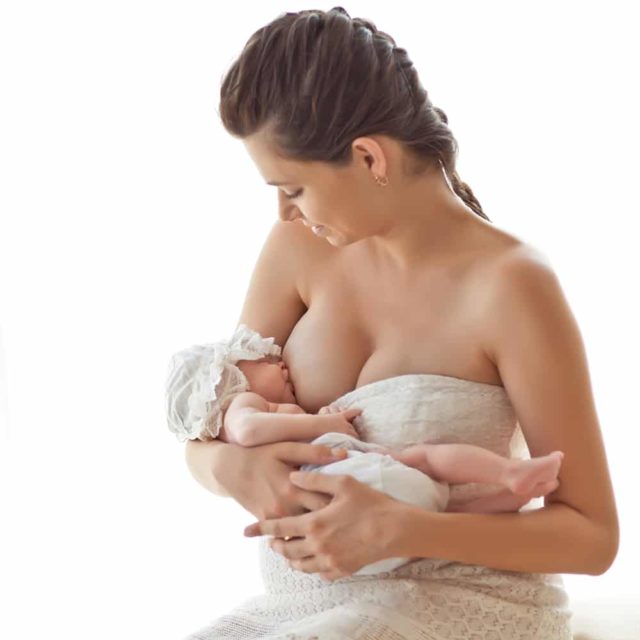“breast is best”
Yes, Breast milk is the best for your baby. It contains all the vitamins and nutrients your baby needs in the first six months.in addition breast milk is packed with disease-fighting substances that protect your baby from illness.That’s one reason the American Academy of Pediatrics recommends exclusive breastfeeding for the first six months (although any amount of breastfeeding is beneficial). And scientific studies have shown that breastfeeding is good for your health, too.
Some of the massive benefits of breastfeeding
Human milk boosts a baby’s immune system big time—helping baby fight viral, bacterial, and parasitic infections, including:
- Respiratory tract infections.
- Pneumonia.
- Infant diarrhea.
- Bacterial meningitis.
- Common colds and flues
Breastfeeding can really decrease baby’s risk of disease later in life, including:
- Leukemia
- Obesity
- High blood pressure
- Diabetes
- Asthma
- Eczema
- Hodgkin’s disease
It helps mother to heal faster in the postpartum, helping her uterus return to pre-pregnancy size faster and lowering overall postpartum blood loss.
Breastfeeding reduces mama’s risk of ovarian and breast cancer, heart disease, and osteoporosis. The longer she breastfeeds, the higher the benefit. In fact, a woman who breastfeeds for 8 years has nearly a 0% risk of breast cancer.
Get this—breastfeeding a baby girl actually reduces her lifetime risk of breast cancer by 25%.
Breastfeeding saves a family approximately $2 to 4 thousand dollars annually (compared to cost of formula).
On average, babies remove 67% of the milk mama has available—they eat until fullness, not until the breast is emptied.
Human milk contains substances that promote sleep and calmness in babies (who doesn’t love that?) Breastfeeding also calms mama and helps her bond to baby.
Breastfeeding mamas sleep on average 45 minutes more a night, compared to those who formula feed.
Mama’s breasts can detect even a one degree fluctuation in baby’s body temperature and adjust accordingly to heat up or cool down baby as needed. This is one reason skin-to-skin contact in the early days is so crucial.
Almost 75% of all moms produce more milk in their right breast, whether they are right- or left- handed.
Breastfed infants are at lower risk for sudden infant death syndrome (SIDS).
Producing breast milk consumes 25% of the body’s energy; the brain only uses 20% by comparison.
Breastfeeding reduces baby’s risk of cavities later on and may lower the chance they will need braces as kids.
Breastfeeding can help mama return to her Pre-baby weight. It takes 1000 calories a day on average to produce breast milk. Women are advised to consume an extra 500 calories a day, and the body dips into reserves it built up in pregnancy to make the rest (it’s important to consume those extra calories or the body actually goes into “starvation mode” and holds onto the reserves).
Mama’s body is constantly making the perfect milk for baby. Milk changes its nutritional profile as baby grows (milk made for a 3 month old is different than for a 9 month old). Milk can even change day to day—for example, water content may increase during times of hot weather and baby-sickness to provide extra hydration.
Reference
health-foundations. 2017. Breast Feeding. [ONLINE] Available at: https://www.health-foundations.com/. [Accessed 23 June 2017].
NEXT : COLLECTION & STORAGE OF BREASTMILK.






